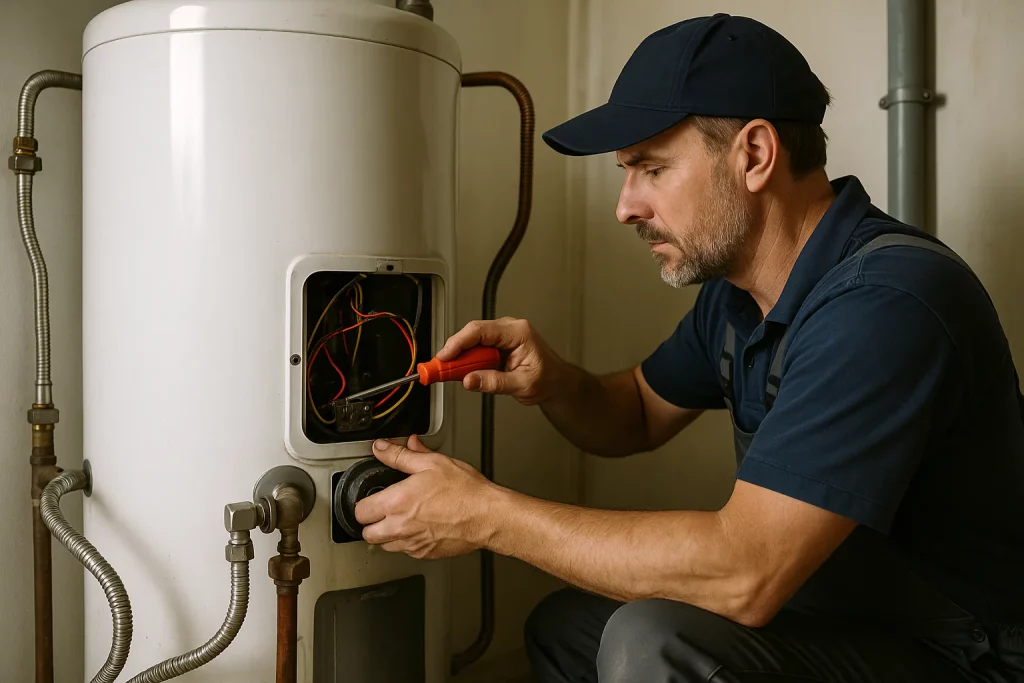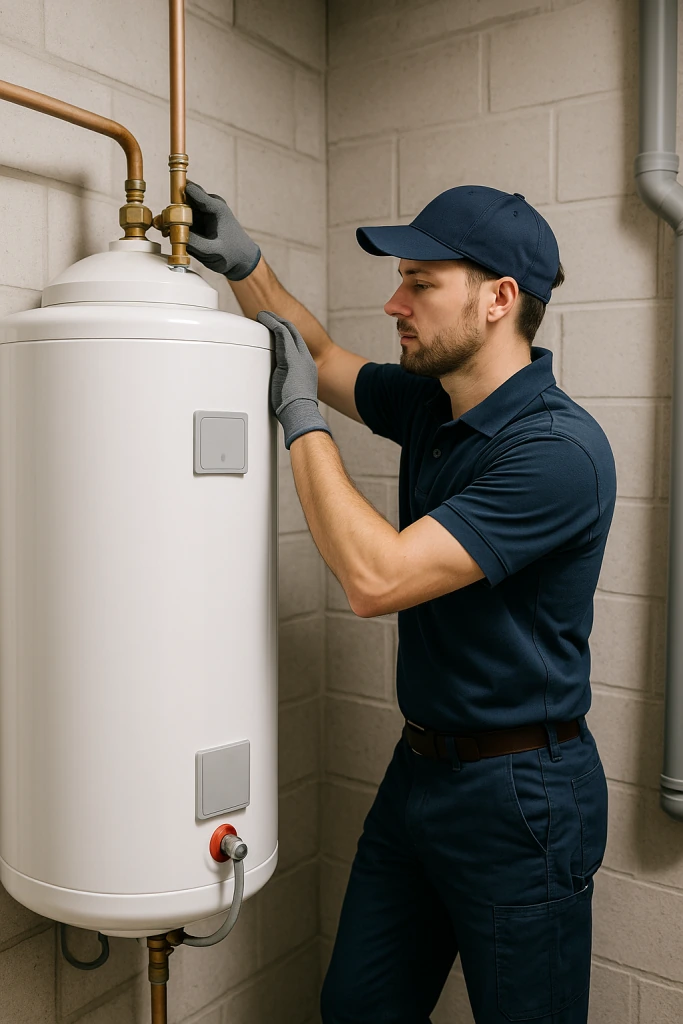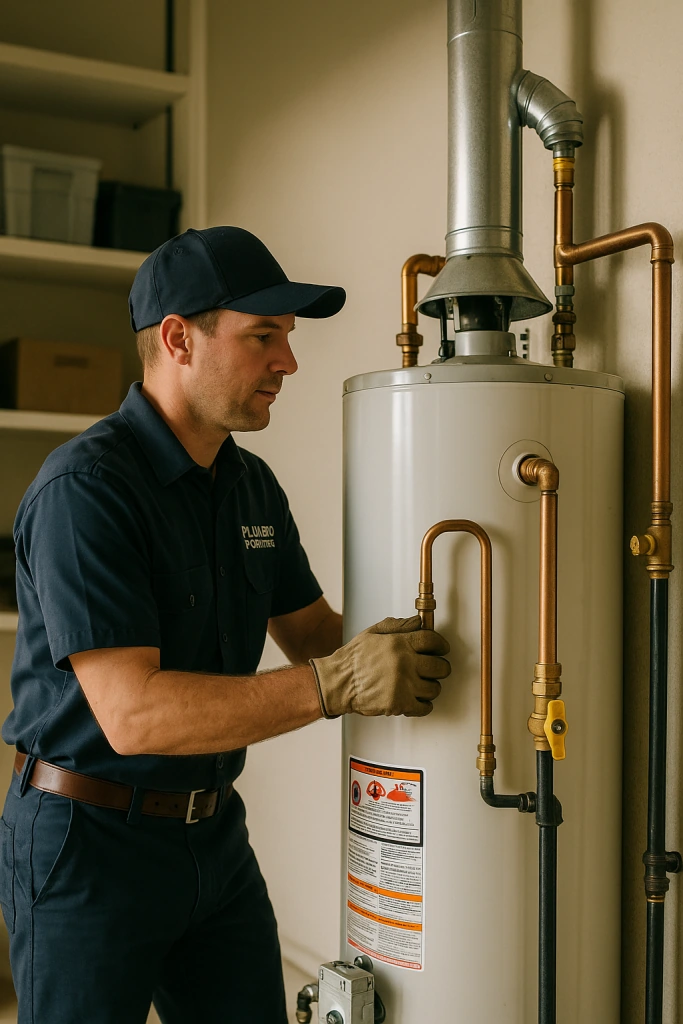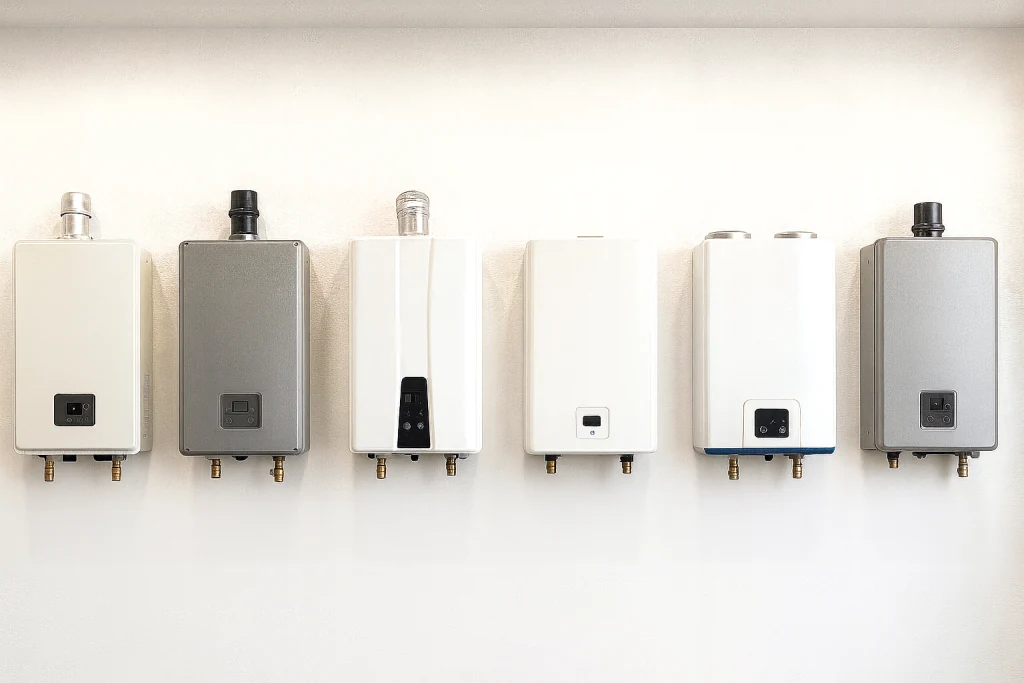
When considering home maintenance and plumbing efficiency, understanding the lifespan of your water heater is essential. For homeowners and business owners alike, knowing how long a water heater lasts can save money, prevent unexpected breakdowns, and ensure uninterrupted access to hot water. For more information about water heater longevity, visit https://anytimeplumbing.net/water-heater-lifespan/.
Water heaters are a critical component of modern households, providing the comfort of hot showers, clean dishes, and warm water for laundry. However, like any appliance, water heaters have a finite life expectancy, which varies depending on type, usage, maintenance, and quality of installation. Understanding these factors can help homeowners plan for repairs or replacement well in advance.
Factors Affecting Water Heater Lifespan
Several key factors determine how long a water heater will last:
Type of Water Heater
The lifespan of a water heater largely depends on the type of unit you own. Traditional tank water heaters typically last between 8 to 12 years, whereas tankless water heaters, which heat water on demand, can last 15 to 20 years. Heat pump water heaters, which are energy-efficient but more complex, usually fall somewhere in between. Choosing the right type for your household or business needs is a critical step in ensuring long-term reliability.
Water Quality
The quality of water in your area significantly impacts your water heater’s durability. Hard water, which contains high levels of minerals like calcium and magnesium, can lead to sediment buildup in the tank. Over time, this sediment can cause corrosion and reduce efficiency, ultimately shortening the lifespan of the heater. Installing a water softener or using periodic descaling treatments can help mitigate this issue, keeping your water heater functioning optimally for years.

Frequency of Use
Water heaters in larger households or commercial settings experience more frequent usage, which naturally accelerates wear and tear. Conversely, homes with lower water consumption may extend the operational life of their units by several years. Understanding your household or business water usage patterns is important when predicting the expected life of your water heater.
Regular Maintenance
Routine maintenance is crucial for prolonging the life of a water heater. Flushing the tank annually, checking the anode rod for corrosion, and inspecting the pressure relief valve are all simple steps that can prevent costly repairs and extend the heater’s functionality. Maintenance ensures that minor issues, such as sediment buildup or worn components, do not escalate into major problems that could shorten your unit’s lifespan.
Installation Quality
Even the best water heater can fail prematurely if it’s poorly installed. Ensuring professional installation with correct venting, piping, and electrical connections is essential to maximize lifespan and efficiency. Improper installation can lead to leaks, inefficient heating, and even safety hazards, so investing in a certified installer is always recommended.
Signs Your Water Heater May Be Nearing the End
Recognizing early warning signs can prevent sudden failures:
- Rusty Water: Rust in hot water often indicates internal corrosion within the tank.
- Strange Noises: Rumbling, popping, or banging sounds suggest sediment buildup that needs attention.
- Leaks: Any visible water around the heater can signal tank failure and should be addressed immediately.
- Inconsistent Temperature: Water that fluctuates between hot and cold can indicate heating element issues or thermostat problems.

Extending the Lifespan of Your Water Heater
Taking proactive steps can help your water heater last longer:
- Perform Regular Maintenance: Annual tank flushing and inspections of components like the anode rod and pressure relief valve are crucial.
- Monitor Water Quality: If you have hard water, consider a water softener or regular descaling treatments.
- Install Energy-Efficient Models: Newer models not only save energy but often come with longer warranties and improved durability.
- Address Minor Issues Promptly: Don’t ignore leaks, strange noises, or temperature fluctuations they can worsen over time and reduce the appliance’s lifespan.
When to Replace Your Water Heater
Even with the best care, water heaters eventually need replacement. If your unit is older than its expected lifespan, shows significant signs of wear, or experiences repeated breakdowns, it may be more cost-effective to invest in a new system rather than continuous repairs. Modern water heaters are designed to be more energy-efficient and environmentally friendly, offering long-term savings despite the upfront cost. Investing in a high-quality unit today can prevent future inconvenience and costly emergency replacements.
Conclusion
Understanding the lifespan of your water heater empowers you to make informed decisions about maintenance, repairs, and replacement. Factors like type, water quality, usage, installation, and regular upkeep play a significant role in determining how long your unit will function effectively. By monitoring your water heater’s condition, addressing issues early, and following proper maintenance routines, you can enjoy reliable hot water while maximizing your investment. For more detailed insights into water heater longevit.


